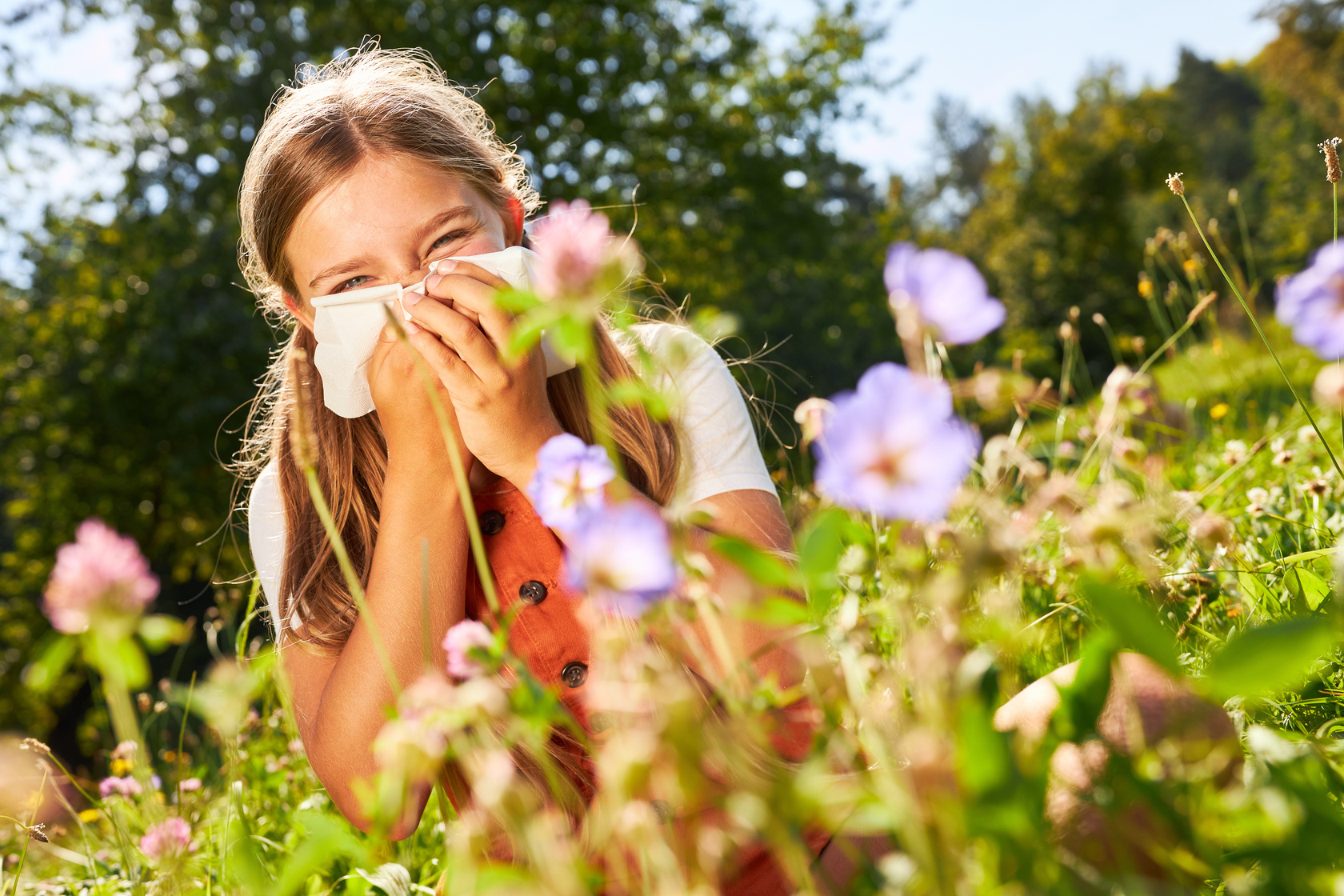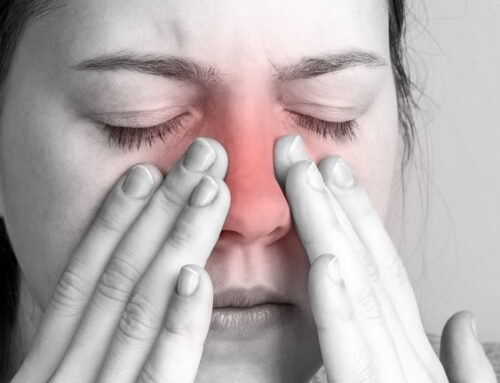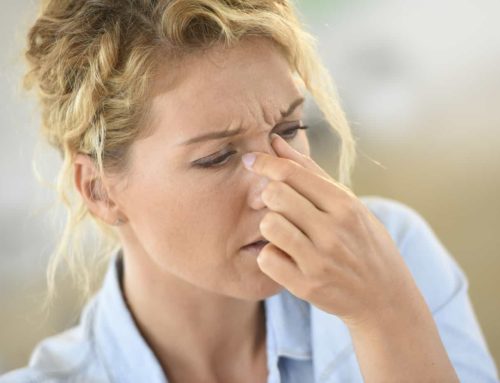Allergic rhinitis, also known as hay fever, is a common condition that affects the nasal passages and is caused by an allergic reaction to environmental allergens such as pollen, dust mites, and animal dander. It is characterized by symptoms such as nasal congestion, runny nose, sneezing, and itching. In this article, we will discuss the causes, symptoms, diagnosis, and treatment options for allergic rhinitis.
-
Causes:
Allergic rhinitis is caused by an allergic reaction to environmental allergens such as pollen, dust mites, and animal dander. When the body comes into contact with these allergens, it releases histamines and other chemicals that cause inflammation in the nasal passages, leading to symptoms such as nasal congestion, runny nose, sneezing, and itching.
-
Symptoms:
The symptoms of allergic rhinitis can vary depending on the severity of the condition. Common symptoms include nasal congestion, runny nose, sneezing, itching of the nose and throat, and watery eyes. In some cases, individuals may experience additional symptoms such as headache, facial pain, and difficulty sleeping.
-
Diagnosis:
Diagnosing allergic rhinitis typically involves a physical examination and a review of the individual’s medical history. Additional tests may be required, such as skin prick tests or blood tests, to identify specific allergens that are causing the allergic reaction.
-
Treatment:
Treatment for allergic rhinitis typically involves a combination of medication and lifestyle changes. Medications such as antihistamines, decongestants, and nasal corticosteroids can help to relieve symptoms. In some cases, immunotherapy (allergy shots) may be recommended to desensitize the individual to specific allergens. Lifestyle changes such as avoiding allergens, using air purifiers, and keeping the home clean can also help to reduce symptoms.
-
Prevention:
Preventing allergic rhinitis involves avoiding exposure to specific allergens that trigger symptoms. This may include avoiding outdoor activities during high pollen counts, using air purifiers, and regularly cleaning the home to remove dust and animal dander.
In conclusion, allergic rhinitis is a common condition that affects the nasal passages and is caused by an allergic reaction to environmental allergens such as pollen, dust mites, and animal dander. Treatment typically involves a combination of medication and lifestyle changes, and prevention involves avoiding exposure to specific allergens. By understanding the causes, symptoms, diagnosis, treatment, and prevention of allergic rhinitis, individuals can take steps to manage the condition and reduce its impact on their daily life.






